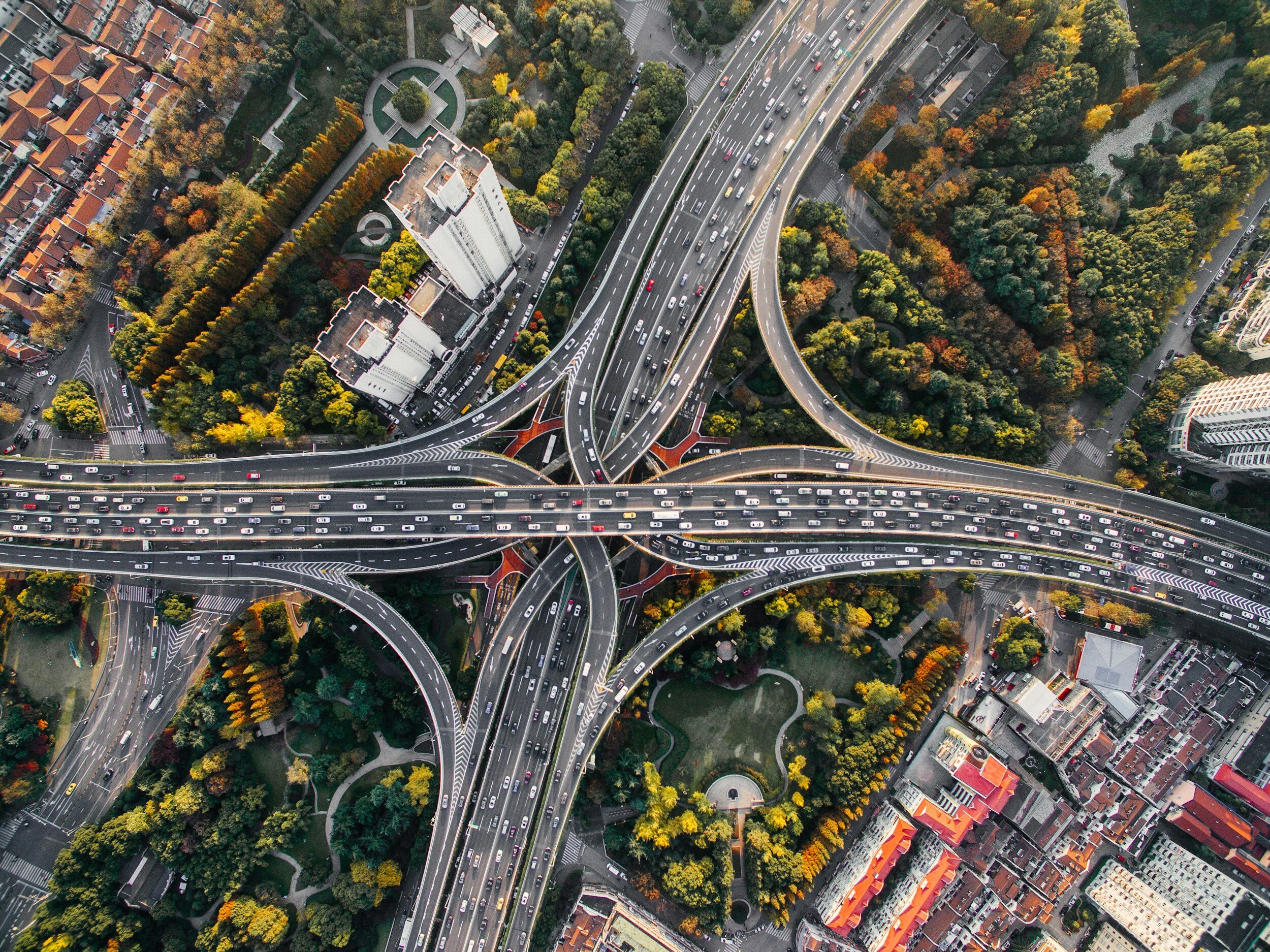The Rise of Smart Cities: Navigating Urban Digital Transformation
In the accelerating pace of today's digital age, the concept of smart cities has become a hallmark of innovation and forward-thinking in urban development. These urban areas, transformed by the integration of Internet of Things (IoT) devices and digital technologies, represent a significant leap towards creating environments that are not only more efficient and sustainable but also more in tune with the needs of their inhabitants. This profound digital transformation is not merely a trend but a comprehensive response to the increasing complexities and demands of urban living, offering new avenues for enhancing city management and resident experiences alike.
The Genesis of Smart Cities: A Visionary Response to Urbanization
The inception of smart cities is both a visionary endeavor and a pragmatic response to the challenges posed by rapid urbanization. With the majority of humanity now residing in urban centers, cities face pressing issues related to congestion, pollution, resource management, and service delivery. Smart cities, with their foundation in IoT and digital innovation, present a transformative solution to these challenges, optimizing the very essence of city living through data-driven decision-making and technological advancements.
IoT: The Backbone of Urban Transformation
IoT's critical role in the evolution of smart cities cannot be overstated. By creating a vast network of interconnected devices that monitor, analyze, and manage urban functions, IoT technologies provide the data and insights necessary for efficient city governance. These technologies enable a dynamic and responsive approach to urban management, from streamlining waste collection systems to enhancing public safety and reducing energy consumption. The deployment of IoT in smart cities exemplifies the potential of technology to create more livable, resilient urban environments.
Efficiency Meets Sustainability
At the core of the smart city paradigm is the dual goal of achieving operational efficiency while advancing environmental sustainability. Digital technologies facilitate the intelligent use of resources, leading to significant reductions in energy consumption and waste production. Smart energy grids, for example, adjust power supply based on real-time demand, minimizing waste and promoting renewable energy sources. This focus on sustainability is pivotal in addressing the global environmental challenges of our time, demonstrating how urban development can harmonize with ecological stewardship.
Elevating Urban Life Through Technology
The transformative impact of digital technologies in smart cities extends beyond infrastructure and services to the very quality of urban life. By prioritizing user-centric design and digital inclusivity, smart cities strive to make urban living more accessible, convenient, and enjoyable. Digital platforms enhance civic engagement, allowing residents to voice concerns and contribute to city planning processes. Moreover, smart transportation solutions reduce commute times and pollution, contributing to a healthier urban atmosphere and a higher standard of living for all residents.
Navigating the Path to Smart Urbanization
Embracing the smart city concept comes with its set of challenges, including technological integration, privacy and security concerns, and ensuring equitable access to digital benefits. Addressing these issues demands innovative solutions, strong leadership, and a commitment to inclusivity and transparency. By fostering partnerships between government, industry, and citizens, cities can navigate these challenges, laying the groundwork for a future where digital transformation makes urban spaces more adaptable, resilient, and aligned with the needs of their communities.
Smart City in Action: Singapore's Vision
Singapore stands as a leading example of a smart city in action, embodying the vision of urban digital transformation with its "Smart Nation" initiative. This ambitious project harnesses the power of sensors, cameras, and data analytics to enhance the city-state's urban infrastructure, making it one of the most efficient and sustainable urban areas globally.
In the heart of Singapore, a network of sensors and cameras plays a crucial role in optimizing public services. For instance, the city's intelligent traffic system uses real-time data to adjust traffic signal timings, significantly reducing congestion and improving commute times for thousands of residents daily. Similarly, smart water meters provide precise data on water consumption patterns, helping to identify leaks quickly and conserve this vital resource.
One of the most innovative aspects of Singapore's smart city initiative is the use of predictive analytics for environmental monitoring. The government employs sophisticated algorithms to analyze data collected from sensors across the city to predict potential issues, such as air pollution levels. This proactive approach allows the city to implement preventive measures, ensuring a healthier environment for its inhabitants.
Moreover, Singapore's commitment to digital inclusivity is evident through initiatives like the "Wireless@SG" program, which offers free public Wi-Fi across the city, enabling residents and visitors to stay connected effortlessly. This initiative not only enhances connectivity but also supports the city's vision of making digital access universal.
Singapore's journey as a smart city is a testament to the transformative potential of digital technologies in urban management. By integrating IoT devices and embracing data-driven decision-making, Singapore has created a model of urban efficiency and sustainability that cities worldwide aspire to emulate.
Conclusion
The journey towards smart cities is a testament to the power of digital transformation in reimagining urban spaces for the 21st century. By leveraging IoT devices and embracing digital innovation, cities around the world are setting new standards for what it means to be urban in the digital age. This movement towards smarter, more sustainable, and more responsive cities is not just about enhancing city management; it's about fundamentally improving the human experience of urban living. As we continue to explore and expand the boundaries of digital transformation in urban development, the rise of smart cities offers a glimpse into a future where technology and urban life synergize to create environments that are not only efficient and sustainable but also deeply attuned to the human spirit.


